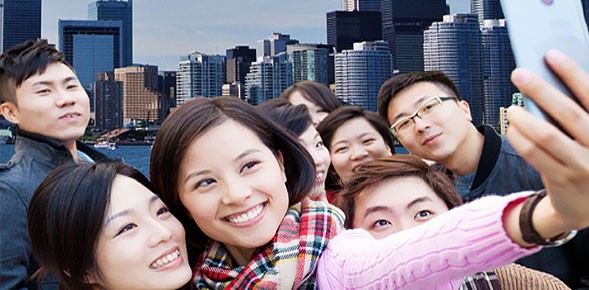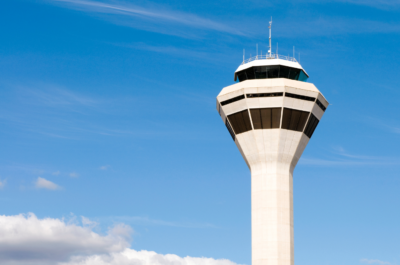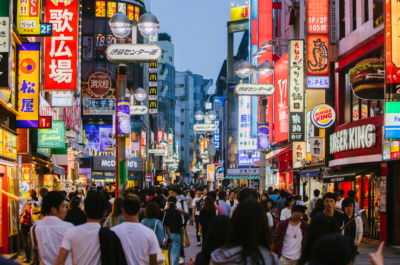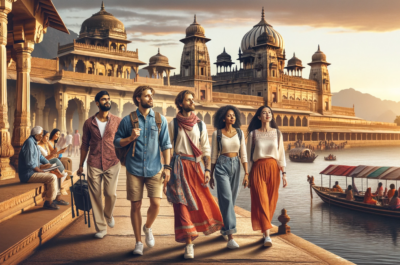When courting Millennials for travel products, you can be assured that this is a very self-directed age group that thrives on word-of-mouth and customized solutions.
What do we know about the distinctions of the Millennial demographic that can inform and inspire your communications stratagems? We understand from the data insights the specific needs of Millennials may also vary by life stages. For instance, a university or tertiary student might be looking for hangover cures or energy supplements for late-night study sessions, while a new mom might be focused on how to relieve her baby’s teething pain. Yet, there are common drivers for this generational group that travel marketers should consider when developing targeted communication strategies – and the following four key characteristics of Millennials can help you grow your travel business:
1.Millennials are more likely to seek information before they look for travel products
Millennials are more likely than other age groups to seek information prior to a travel trip. They often get this information online, especially from product reviews and prices. Campaigns to help guide them to make decisions – those that answer questions on symptoms and then provide product recommendations designed to alleviate those symptoms – could be quite effective with this target group.
2.For Millennials, word-of-mouth is the main source of travel information
It is common to associate the digital marketing environment and its influence when thinking of Millennials. While this is a valid hypothesis, word-of-mouth is likewise essential. In reality, it is one of the main sources of travel information for Millennials.2 Keeping in mind that word-of-mouth can often be a fundamental recommendation directly from friends and family. A referral campaigns can be very effective with this group if used correctly.
3.Millennials are becoming the biggest users of online travel agencies (OTAs)
The reducing need for personal interaction is apparent when it comes to Millennials and self-customization becomes a norm. A traditional travel agency relationship is now less important to this age group, leading to Millennials becoming the biggest users of OTAs like Expedia and Booking.com. Travel marketers would be wise to develop programs that can help Millennials on their travel journeys with dynamics that allow the freedom and time, including localized area information readily available when needed.
For example, Millennials are more willing to explore local arts and eat outs than older generations (Generation X and Boomers). Marketing communication within travel agencies could help Millennials think more by adding local activities and food specialty experiences as part of to their itinerary and therefore increasing clear options as compared with OTAs – https://bemyguest.com.sg/
4.Personalization and customization are most appealing to Millennials
Personalization and customization are most appealing to Millennials, who have a high willingness to spend the extra money and usually takes more time to design and buy these customizable products. Directed campaigns that allow Millennials to develop a customized regime for excitement and achievement would be very attractive for this group – for example, suggested completing a difficult jungle trail or a deep sea fishing trip with a prize catch etc.
When courting Millennials for travel products, you can be assured that this is a very self-directed age group that thrives on word-of-mouth and customized solutions. Keeping in mind, Millennials are also more likely to search online for product information and investigate reviews. The use of flexible influencing communication strategies, especially through digital media, will go well together, knowing what and who influences them.
Anthony Tan is APAC lead for travel and hospitality at GfK.












































































